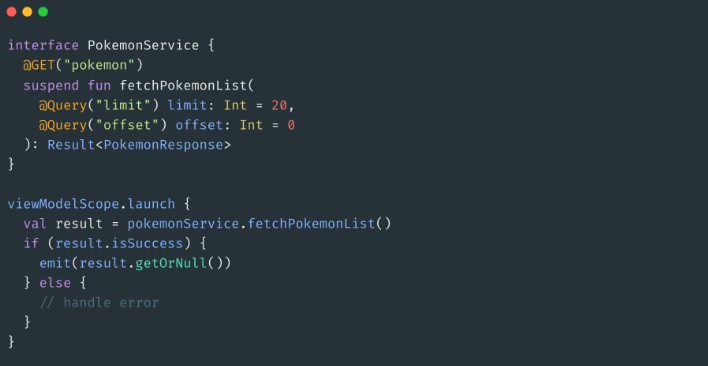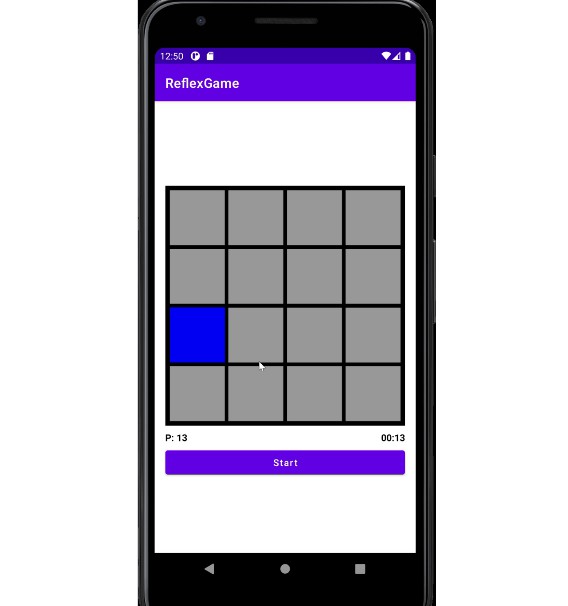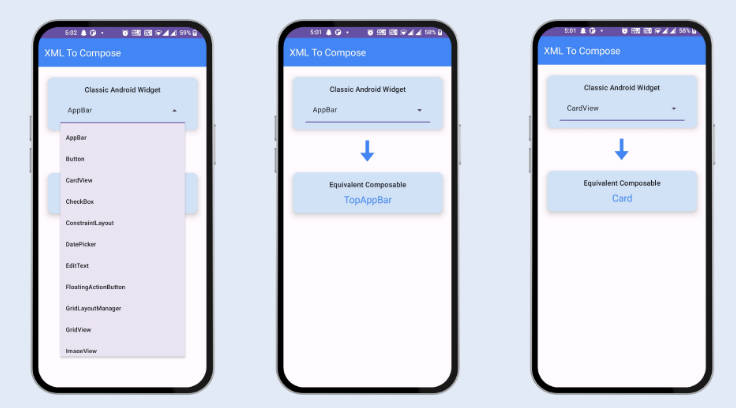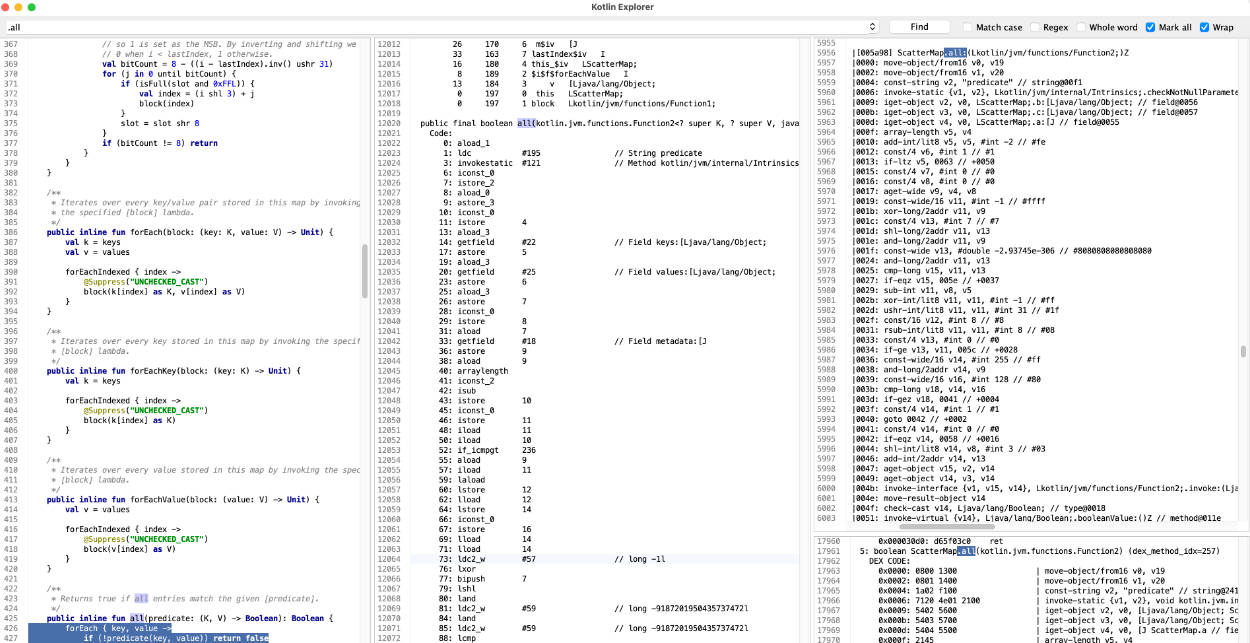TPlugin
An effective way to build connections belong components by one standard.
- light weighted, decoupling components using just two simple annotation.
- either synchronous invoking and asynchronous invoking by declaring once
- kotlin only
How to use
- Sample for component declarer
@TPlugin(pluginName = "sample")
class SamplePlugin: ITPlugin {
@TFunc
fun syncFun(params: Map<String, Any?>?): Map<String, Any?> {
// returns result ...
}
@TFunc
fun asyncFun(
params: Map<String, Any?>?,
successCallback: ((Map<String, Any?>) -> Unit)?,
failureCallback: ((Exception?) -> Unit)?
) {
// async callback returns
}
}
- Sample for caller
// simple init
PluginRouter.init()
// way one for both sync and async declare
try {
val params = HashMap<String, Any?>()
val result = PluginRouter.syncRoute("sample", "syncFunc", params)
// result solve
} catch (e: Exception) {
e.printStackTrace()
}
// DO be careful for thread blocking, if this is a suspend function, you can use this in coroutine/flow
try {
val params = HashMap<String, Any?>()
val result = PluginRouter.syncRoute("sample", "asyncFunc", params)
// result solve
} catch (e: Exception) {
e.printStackTrace()
}
// way two for both sync and async declare
val params = HashMap<String, Any?>()
PluginRouter.asyncInvoke("sample", "syncFunc", params, {
// success callback
}, {
// failure callback
})
val params = HashMap<String, Any?>()
PluginRouter.asyncInvoke("sample", "asyncFunc", params, {
// success callback
}, {
// failure callback
})



